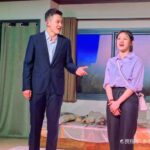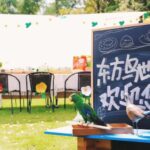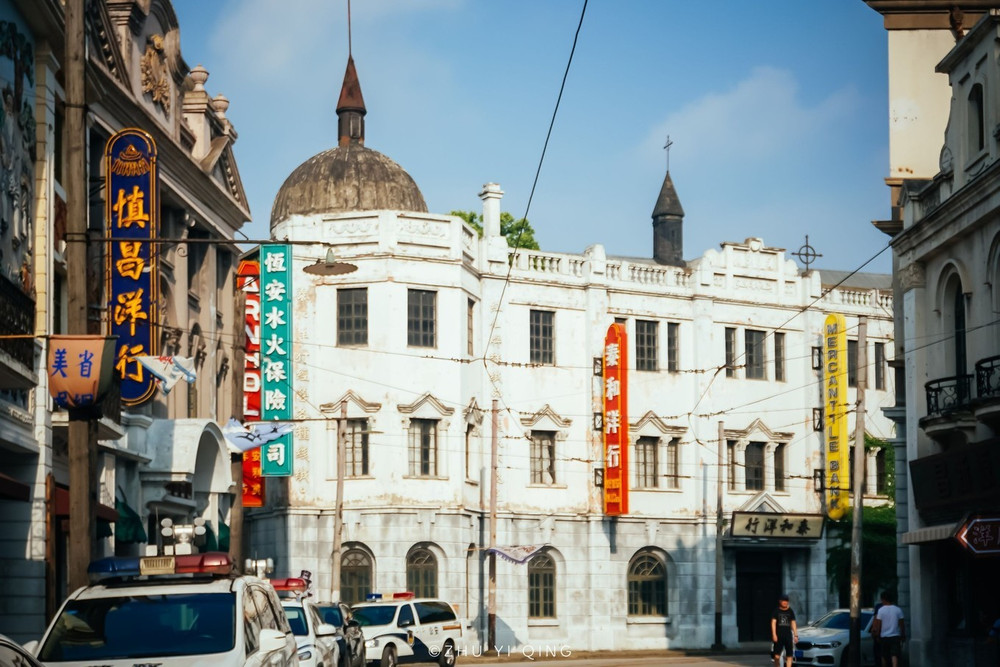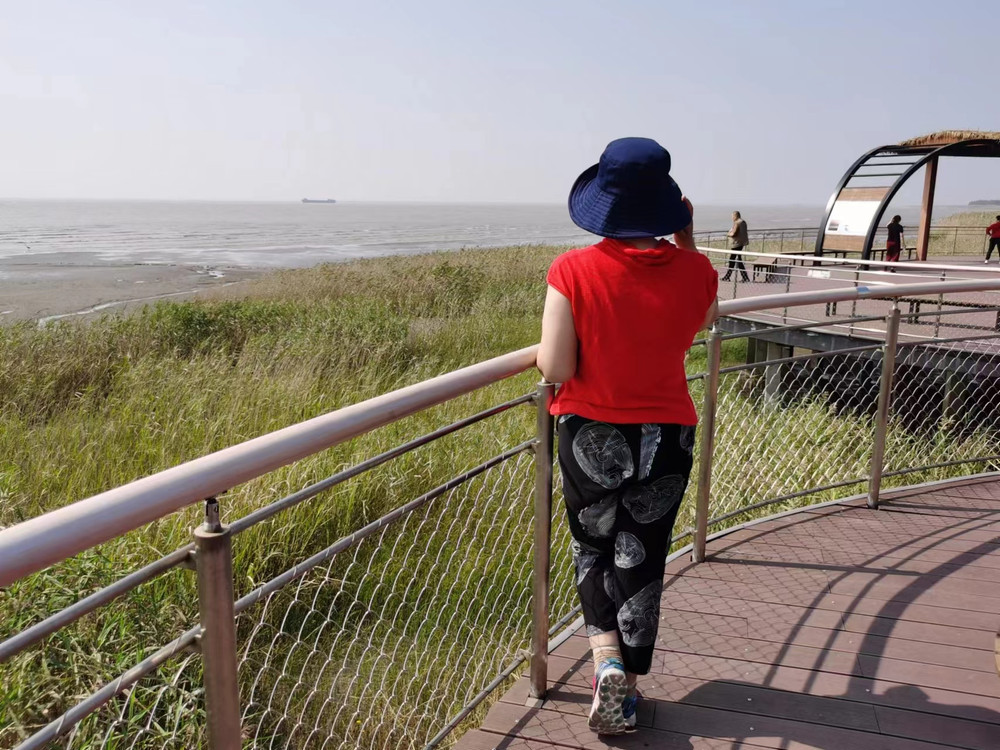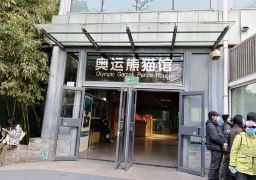Cao Ying’s Study is located in Building 3, 178 South Wulumuqi Road, with a construction area of about 270 square meters. After renovation, it was rebuilt into Cao Ying’s Study to commemorate Cao Ying, a Russian literature translator who was diligent in writing throughout his life, and show the immortal course of Cao Ying’s literary translation and revolutionary work. Cao Ying’s Study will be built into a salon for ideological exchange and a base for academic research, showing the hard work of people’s literature and translated literature to the public. Cao Ying (1923-2015), formerly known as Sheng Junfeng, is a Russian literature translator. He was born into a prominent family in Zhenhai, Zhejiang Province in 1923. In 1941, Cao Ying began his journey of Russian translation. After the founding of the People’s Republic of China, he translated a large number of Soviet and Russian literary works for the people in the new era. He is the first translator in China to comprehensively translate the works of Sholokhov. In more than sixty years, he translated Sholokhov’s ‘Tales of the Don’, ‘Virgin Soil Upturned’ and ‘A Man’s Fate’, all the novels of Leo Tolstoy including three novels ‘War and Peace’, ‘Resurrection’, ‘Anna Karenina’, the autobiographical novel ‘Childhood, Boyhood, Youth’, Lermontov’s ‘A Hero of Our Time’ and the works of Katayev, Nikolayeva and others, which have had a great social response among Chinese readers. It is commendable that the ‘Complete Works of Tolstoy’s Novels’, which he completed after 21 years of translation starting from the age of 54, consists of 12 volumes and 4 million words. Among them, ‘Anna Karenina’, ‘Resurrection’ and ‘War and Peace’ have become classics that people rush to read. He completed the translation of the ‘Complete Works of Tolstoy’s Novels’ by himself. This feat is unique in the world and has also won many of the highest awards in the translation field at home and abroad. Russian Sinologist Li Fuqing said: ‘A person who can translate all of Tolstoy’s novels may only be Cao Ying in the world’. Mr. Cao Ying translated more than 4 million words of Tolstoy’s complete works and several million words of other Russian literary works by himself, and also won many of the highest awards in the translation field at home and abroad. In 1987, he won the high Soviet literature award – ‘Gorky Literature Award’. In 1997, he won the ‘Rainbow Award for Lu Xun’s Literary Translation’ issued by the Chinese Writers Association. In 1999, he won the ‘Friendship Medal’ and certificate issued by the Russia-China Friendship Association. In 2002, he was awarded the honorary title of ‘Senior Translator of China’ by the Translators Association of China. In 2006, he was awarded the title of ‘Honorary Russian Writer’ and the ‘Gorky Medal’. In 2010, he won the ‘Lifetime Achievement Award for Chinese Translation Culture’. In 2011, he won the ‘Lifetime Honorary Award for Shanghai Artists’. ‘Rather than leaving a tombstone, it is better to build a study’. After nearly one year of renovation, Mr. Cao Ying’s last wish was finally realized in early spring of 2019.
The restoration of Cao Ying’s study has been carried out with full respect for the opinions of his family. His actual living quarters on Yueyang Road have been meticulously moved to the exhibition hall on the first floor of Building 3, No. 178 Urumqi South Road. On the desk where Cao Ying spent his life writing millions of words of translated manuscripts, items such as pens, magnifying glasses, paperweights, and dictionaries are still neatly arranged, as if the great translator is still present.
According to the wishes of Cao Ying’s family, glass display cases within the study showcase a collection of Russian literature translated by Cao Ying at various stages of his life, including poetry, prose, novels, and plays. The earliest publication dates back to 1953, while the latest to 2017, which also includes the 22-volume, 10-million-word ‘Complete Works of Cao Ying Translations’. The entire book wall is striking, showcasing the long career of Cao Ying as a translator and his outstanding literary achievements. Looking ahead, Cao Ying’s study will focus on showcasing his immortal journey in literary translation and revolutionary work, transforming the study into a salon for intellectual exchange and a base for academic research. It will present to the public the creative process of people’s literature and translated literature, as well as the Shanghai-style literary spirit represented by Cao Ying. The entire text is open all year round on Tuesdays, Thursdays-Saturdays from 10:00 to 16:30; closed all day on Mondays, Wednesdays, and Sundays.